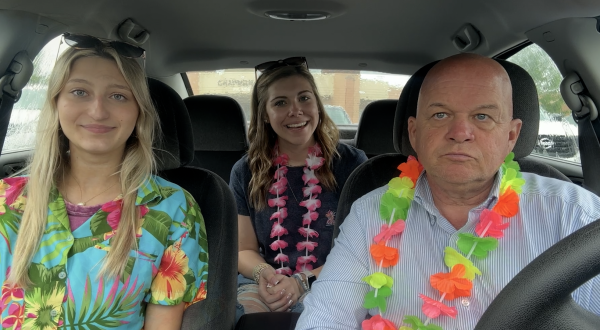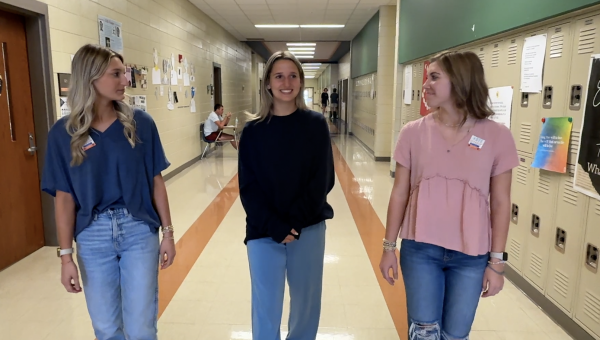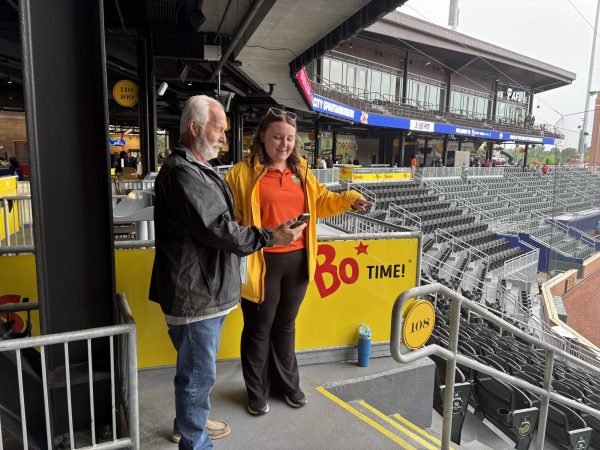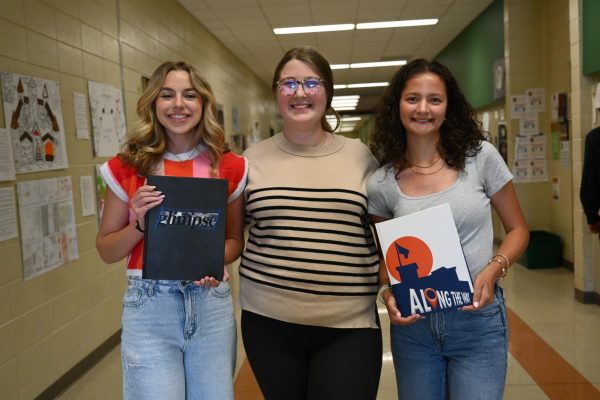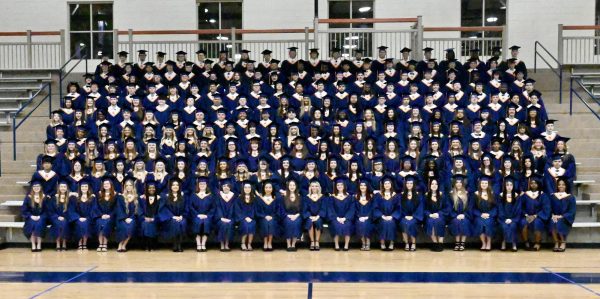Breaking tradition or spreading love?
Alex Heard, a sophomore at Chapman High School, trudged through the muddy weather to join the phenomenal mass of people who stood by for the Women’s March 2018. The Women’s March at Falls Park in downtown Greenville was in conjunction with the Women’s March in Washington D.C.
The Women’s March is an event where people who embrace human equality gather around and join in to protest against those who disagree with them. They all come from different backgrounds yet unite together in one harmonious voice.
The first Women’s March was following the inauguration of Donald Trump, January 21, 2017. This was mainly due to his anti-women statements, that were seen as offensive and inhumane.
“The Women’s March for me was really exciting,” Heard said.
To be able to be surrounded by merely strangers but feel a sense of belonging amongst a crowd had to be fulfilling to the handful of people from Chapman who attended the march. We live in a society where the majority follow the unwritten rules of behavior to be accepted into social norms, yet we have an outstanding group of people who break tradition and protest for human equality rights.
“Comfort is the enemy of progress,” Heard said. ”The whole time I was there, I was talking to other people. Women and men who all supported equality.”
Heard said she took pictures, made new friends, and saw amazing and creative signs.
Carlie Shope, a junior at Chapman High School, joined Heard and others at the march as well.
“I felt very proud as a woman. I was with a bunch of people who felt the same way as me,” Shope said.
She says the atmosphere was comfortable and lively; everybody felt welcomed.
“The signs stood out to me. I read a few that made me laugh, a few that made me sad. It’s 2018, and here we are marching for rights we should’ve gotten years ago,” Shope said.
Shope, Heard, and thousands of others came in hope to bring more light to human equality and to aspire to be a better generation and better role models for the younger generation.
“The diversity was the most impactful part of it all. Autistic, Muslim, black, latina, deaf, blind, skinny, big, you name it. If it was a type of woman, she was there,” Heard said.
Your donation will support the student journalists of Chapman High School. Your contribution will allow us to purchase equipment and cover our annual website hosting costs.

